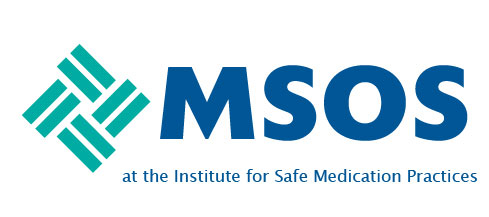This afternoon, I attended the March 2025 MSOS Briefing and learned valuable information about Medication Error Reduction Plans. I asked about reporting medication safety work to senior leaders, which led to a discussion on sharing specific risk mitigation strategies and data related to our tools (e.g. BCMA compliance, DERS compliance, etc.).
Our organization shares many of the same metrics described in the example MERPs with multidisciplinary teams across the organization, including our board. We conduct audits and medication use evaluations to determine if our interventions have been successfully implemented; however, it is challenging to measure the reduction in actual patient harm. There are frequent inquiries regarding how our medication safety efforts impact the overall safety of our patients. Administrators seek information on whether we have reduced medication-related harm, which is difficult to ascertain with voluntary reporting, as discussed during the MSOS briefing this afternoon.
I am seeking insights from those willing to share strategies for effectively communicating the reduction in patient harm achieved through medication safety efforts.
Thank you! Ashley Philibert, PharmD

